Advanced Message Queuing Protocol (AMQP)
Defining a ubiquitous, secure, reliable and open internet protocol for the handling of business messaging.
OASIS supports a wide range of open collaboration projects: Technical Committees for member-developed work; Open Projects that support open source communities; Foundation-as-a-Service groups that use their own processes, and Technical Advisory Groups to ISO.

Defining a ubiquitous, secure, reliable and open internet protocol for the handling of business messaging.
Defining bindings and mappings of AMQP wire-level messaging protocol for real-time data passing and business transactions
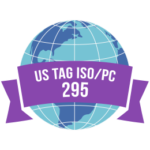
COMPLETE
Represented the US in ISO/PC 295, a global standard for the use of audit data. OASIS administered this Technical Advisory Group in partnership with ANSI.

Completed: The Open Project closed on 31 May 2025. The open source assets remain publicly accessible at https://github.com/ethereum-oasis-op. OASIS appreciates the efforts of all those who participated in this work.
Combining zero-knowledge cryptography, self-sovereign identity, and blockchain technology to solve digital business process automation across trust barriers. Baseline is a part of Ethereum OASIS Open Project.
Defining a federated document transport infrastructure for business document exchange
Defining the standard for implementing course of action playbooks for cybersecurity operations.
Providing a privacy-by-design framework for behavioral data collection and processing
Standardizing cloud PaaS management API
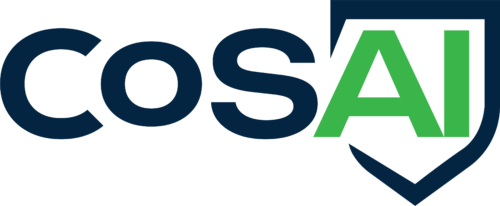
An open ecosystem of AI and security experts from industry leading organizations dedicated to sharing best practices for secure AI deployment and collaborating on AI security research and product development.
Defining an XML format for interchange, documentation and management of code lists (a.k.a. controlled vocabularies or coded value enumerations) in any processing context
Standardizing automated disclosure of cybersecurity vulnerability issues
Developing use cases, standards (data schemas, ontologies) and APIs that enable end-to-end visibility for computing supply chains
Supporting delivery of personalized user experiences, establish a Customer Data Platform standard

Supporting automated information sharing for cybersecurity situational awareness, real-time network defense, and sophisticated threat analysis

Advancing a document creation and management specification that builds content reuse into the authoring process
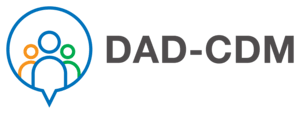
Developing an open standard for data entities and objects needed to capture, analyze and exchange threat, source and mitigation data to defend against deception.
Advancing digital signature services standards
Educating the global marketplace on the value of DITA for document creation and management.
Defining a schema for describing XML documents for general and technical publishing
Managing modifications and maintenance for several ratified ebXML specifications

Defining the transport, routing and packaging of e-business transactions
Defining a set of standardized protocols to elevate trust in an electronic identity
Surveying methods of authenticating electronic identities to make them more useful for governments, businesses, and individuals engaged in eGovernment and eCommerce.
Enabling information exchange to advance incident preparedness and response to emergency situations
Supporting widespread implementation of EDXL standards including CAP through education and market awareness
Completed: The Technical Committee was closed by OASIS TC Administration on 08 December 2020 and is no longer active. Maintenance of TC deliverables has been transferred to the Emergency Management TC.
Archives of this TC’s work remain publicly accessible and are linked from this page. OASIS appreciates the efforts of all those who participated in this TC.
Enabling the Collaborative and Transactive use of Energy
Exchanging price information and product definitions in energy markets and to those following markets
Completed: The Open Project closed on 31 May 2025. The open source assets remain publicly accessible at https://github.com/ethereum-oasis-op. OASIS appreciates the efforts of all those who participated in this work.
Supporting open source communities that develop specifications which facilitate Ethereum’s longevity, interoperability, and ease of integration.
Defining a standard Network Data-Plane Function PCIE device (peripheral component interconnect express) to meet the needs of large data center operators and their tenants and vendors of host-attached networking devices.
Advancing interoperability standards for enterprise encryption key management
Developing an open standard for machine-readable tagging of legal citations LegalCiteM is an affiliated LegalXML Member Section Technical Committee
Advancing worldwide best practices for the use of XML in legal documents
Enabling legal arguments to be created, evaluated, and compared using rule representation tools
Using XML to create and transmit legal documents among attorneys, courts, litigants, and others.
Developing an open standards based framework for internationally interoperable lexicographic work.
Defining a lightweight identity credential schema, based on the W3C Verifiable Credential (VC) standard, to enable individuals (VC subjects) to share their verified identity attestations across different platforms and services.
Developing technical standards for the interfaces of litigant portal modules, to help potential litigants without legal representation overcome the barriers of cost and complexity
Providing a lightweight publish/subscribe reliable messaging transport protocol suitable for communication in M2M/IoT contexts where a small code footprint is required and/or network bandwidth is at a premium.
A community-driven, standards-based approach to defining information exchange packages for multiple business domains.
The DPS TC will prioritize early efforts to define how these terms—ranging from origin and history to granularity at the geographic, organizational, and individual levels—are scoped and applied to benefit all stakeholders. This will ensure comprehensive, practical, and actionable standards while mitigating ambiguity and scope constraints.
Developing a standard vendor-agnostic data format to support cybersecurity product interoperability without the need for customized integrations.

Defining a method to exploit technical documentation assets by extending core standards

The ODF Advocacy Open Project was formed to promote widespread adoption of the OpenDocument Format, the world’s leading document standard.
Completed: The Open Project closed on 14 June 2021. The open source assets remain publicly accessible at https://github.com/odf-advocacy. OASIS appreciates the efforts of all those who participated in this work.
Enabling mechanical and electrical control systems in buildings to communicate with enterprise applications
Creating a standardized language for the command and control of technologies that provide or support cyber defenses.
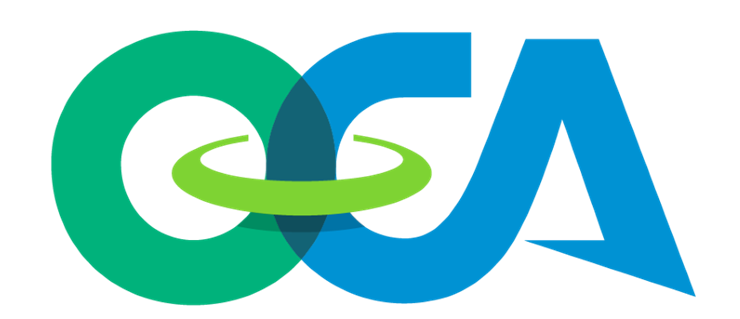
Supporting an open source ecosystem where cybersecurity products can interoperate without one-off integrations by using commonly developed code, tooling, and standards.
Simplifying data sharing across disparate applications in enterprise, Cloud, and mobile devices
Developing an XML-based file format specification for office applications
Standardizing and promoting information models about all aspects of supply chains
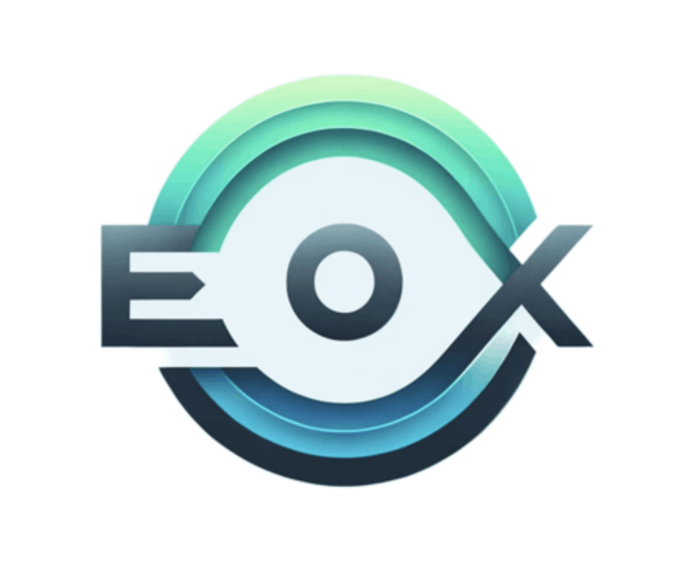
Standardizing the language for managing end-of-life information for commercial and open source software and hardware.

COMPLETED: Defining open source standards that let digital tax and trade attribute attestations be transmitted with legacy and blockchain platforms, facilitating cross-border exchange of product data using a globally universal, consistent message set.
Defining technical elements and guidelines for project management of Software Supply Chains with the minimum set of information and relationships commonly used by carriers and suppliers to manage software delivery
An open community building practical specifications for integrating software.
Enhancing PKCS #11 standard for cryptographic tokens controlling authentication information (personal identity, cryptographic keys, certificates, digital signatures, biometric data)
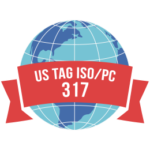
COMPLETE
Representing the US in ISO/PC 317, a global consumer privacy standard that can be embedded into the design of products and services. OASIS administers this Technical Advisory Group in partnership with ANSI.
Providing a guideline for developing operational solutions to privacy issues
Developing common object models and schemas for collaborative planning and scheduling in manufacturing

Completed: The Open Project closed on 14 July 2023. The open source assets remain publicly accessible at https://github.com/prvd-project. OASIS appreciates the efforts of all those who participated in this work.
Advancing a leading production-grade reference implementation of the Baseline Protocol, an open standard that helps synchronize multiparty workflows across a variety of sectors.

COMPLETED: An open community developing a standard for modeling dialogs in conversational agents
COMPLETE
Defining and maintaining a standard, XML-based framework for creating and exchanging security information between online partners
Defining a well-documented collection of algorithms, mechanisms and methods, including test-vectors, that can be used in other Technical Committees.
Enabling improved eBusiness process and resource planning at design and run time
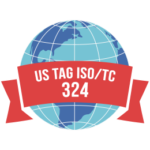
COMPLETE
Representing the US in ISO/TC 324, a broad set of global standards for the Sharing Economy. OASIS administers this Technical Advisory Group in partnership with ANSI.
Developing a core reference model to guide and foster the creation of specific, service-oriented architectures
Defining a common data model for SOA repositories as well as an interaction protocol to facilitate the use of common tooling and sharing of data.
The SATIS TC aims to equip space organizations with an enhanced toolset that can be used to improve the detection, prevention, and response to cyber threats specific to space.

Defining a standard output format for static analysis tools
Defining a catalog-based, knowledge framework that enables problem remediation and optimization of operational and business characteristics of complex systems
Improving the quality of standards by facilitating the creation and use of test assertions by OASIS committees and others
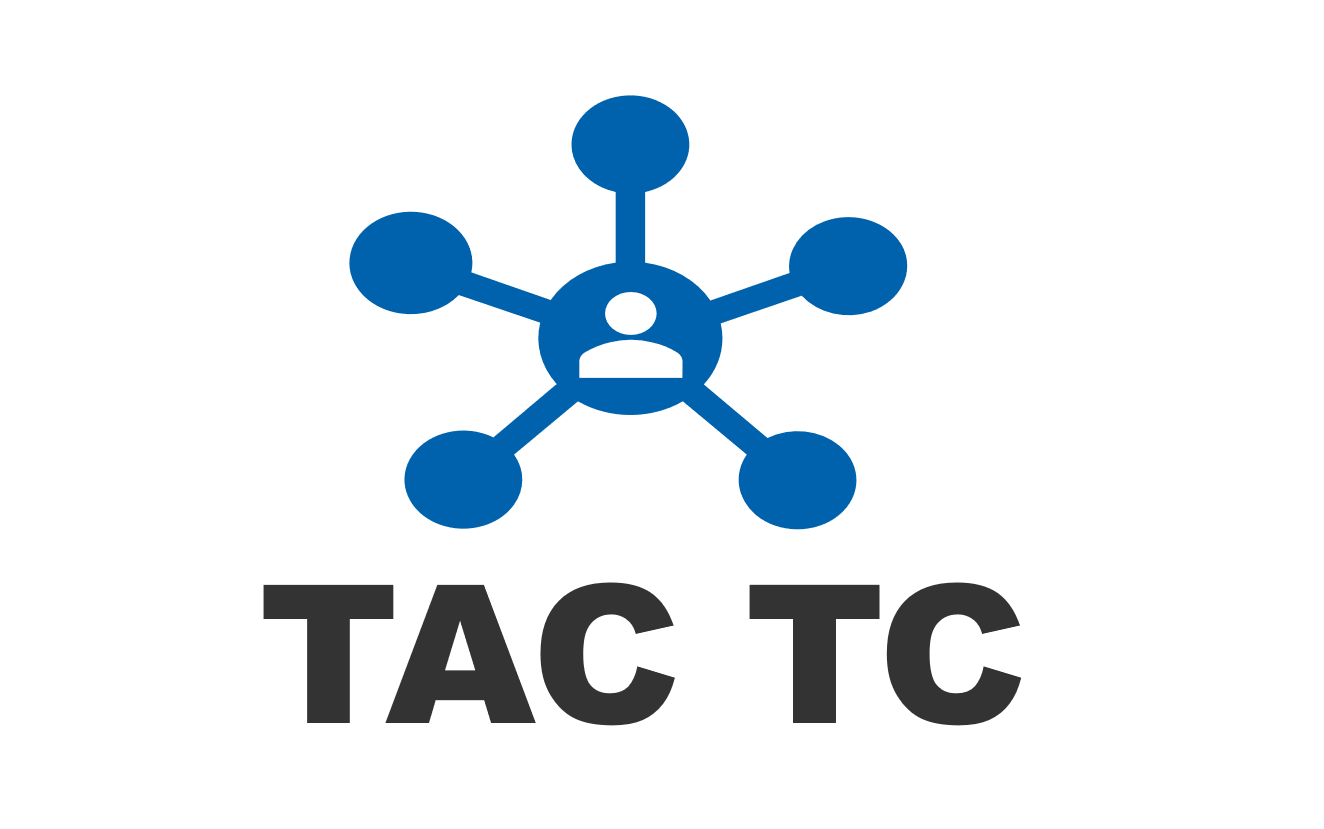
Enabling semantic interoperability of threat actor contextual information.
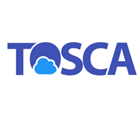
Enhancing the portability and operational management of cloud and other types of applications and services across their entire lifecycle
Advancing an overall framework for using IT to improve delivery of public services

Defining a common XML library of business documents (purchase orders, invoices, etc.)
Defining a value stream management protocol for sharing data across platforms in the software supply chain and systems ecosystem.
Defining the standard for exchanging variability information across variant management tools and systems
Enhancing the performance of virtual devices by standardizing key features of the VIRTIO (Virtual I/O) Device Specification
Maintaining WS-I Web services Profiles
Defining a cross-domain standard for services to enable machine-based scheduling of human-centric activities
Defining WS-Security extensions and policies to enable the trusted exchange of multiple SOAP messages
Representing and evaluating access control policies.
Defining standard serialization-independent interchange objects for payloads and metadata to support interoperability in the Globalization, Internationalization, Localization and Translation (GILT) industries
Advancing the bitext exchange standard for localisation
No results with the selected filters